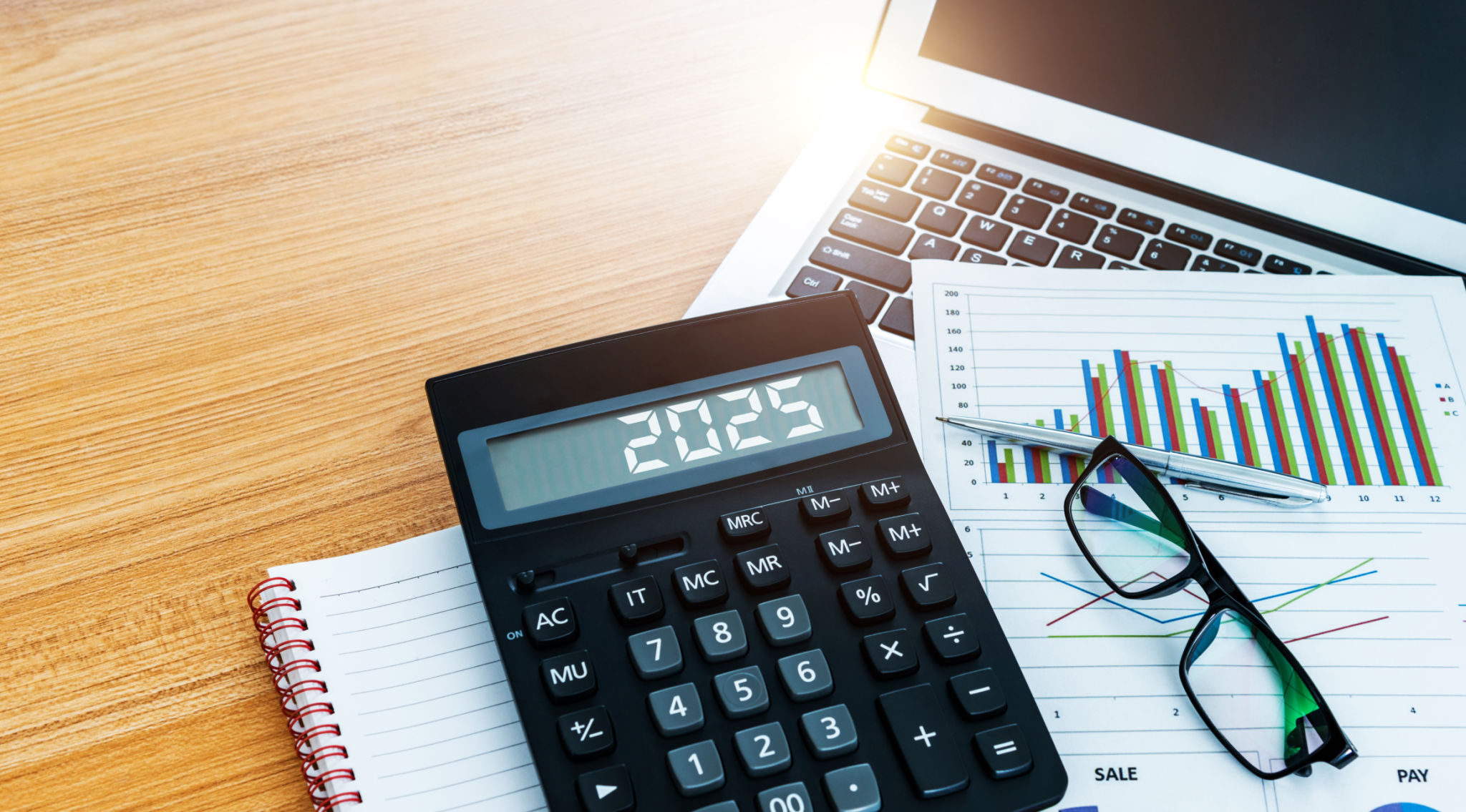Understanding NY State Tax Services: What You Need to Know
Introduction to New York State Tax Services
Understanding New York State tax services is essential for both individuals and businesses residing or operating within the state. Navigating the complexities of state taxes can be daunting, but being informed about the services available can make the process more manageable. Whether you're filing personal income taxes or managing business-related taxes, New York offers a range of resources to assist taxpayers.

Personal Income Tax in New York
New York State imposes a progressive income tax on individuals, meaning that tax rates increase with income levels. It's crucial to understand how these brackets work and what deductions and credits are available to you. Residents must also be aware of deadlines to avoid penalties and interest on unpaid taxes.
The New York State Department of Taxation and Finance provides resources like online filing options, payment plans, and free tax assistance for those who qualify. Utilizing these services can ensure that you file accurately and on time.
Filing Options
There are several ways to file your New York State income tax return:
- Online Filing: The state encourages taxpayers to file electronically through their website or approved e-file services for faster processing and refunds.
- Paper Filing: While electronic filing is preferred, paper forms are still accepted if you choose this method.

Sales and Use Tax
Sales and use tax is another critical area for businesses operating in New York. This tax applies to the sale of most goods and some services. Business owners need to understand their obligations in collecting, reporting, and remitting these taxes to avoid legal complications.
The state provides detailed guidelines on sales tax rates, exemptions, and the process for registering as a sales tax vendor. Regular updates from the Department of Taxation and Finance help businesses stay compliant with any changes in tax laws.
Compliance Tips for Businesses
To ensure compliance with New York's sales tax regulations, businesses should:
- Register as a Vendor: Obtain a Certificate of Authority before making taxable sales.
- Keep Accurate Records: Maintain detailed records of all transactions subject to sales tax.
- File Regular Returns: Submit sales tax returns in accordance with the prescribed schedule, even if no tax is due.

Property Taxes in New York
Property taxes are a significant source of revenue for local governments within New York State. These taxes fund essential public services like schools, police, and infrastructure. Understanding how property taxes are assessed and billed is crucial for property owners.
The assessment process involves determining the market value of your property, which is then used to calculate your annual tax bill. Homeowners can dispute assessments if they believe their property value has been overestimated, potentially lowering their tax liability.
Appealing Property Tax Assessments
If you disagree with your property's assessed value, you have the right to appeal:
- Review Your Assessment Notice: Ensure all information is accurate and reflects the true value of your property.
- File a Grievance: Submit a formal complaint to your local assessor's office within the specified timeframe.
- Present Evidence: Provide documentation supporting your claim, such as recent appraisals or comparable property values.

Conclusion
Navigating the landscape of New York State tax services may seem overwhelming at first, but with the right resources and understanding, it becomes a manageable task. Staying informed about personal income tax, sales tax obligations, and property taxes can help you meet your tax responsibilities effectively. Whether you're an individual taxpayer or a business owner, leveraging the tools and guidance provided by the state can lead to successful compliance and financial well-being.
